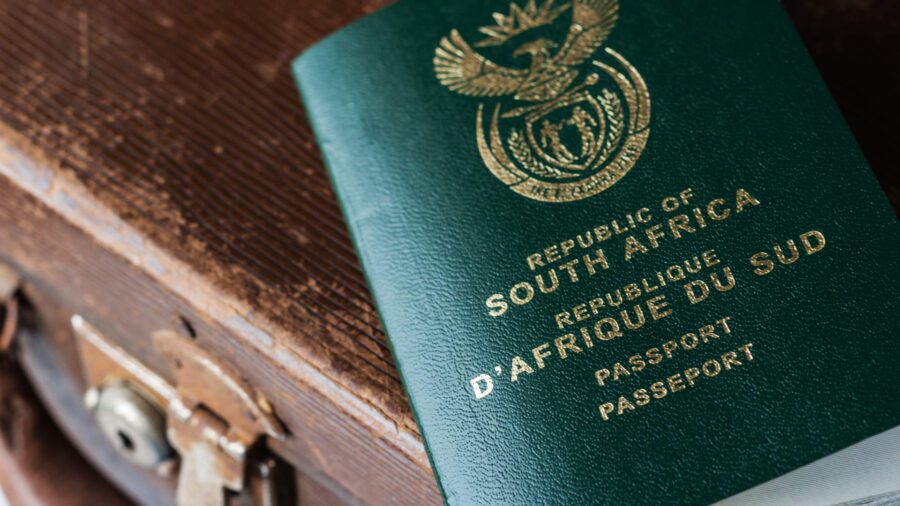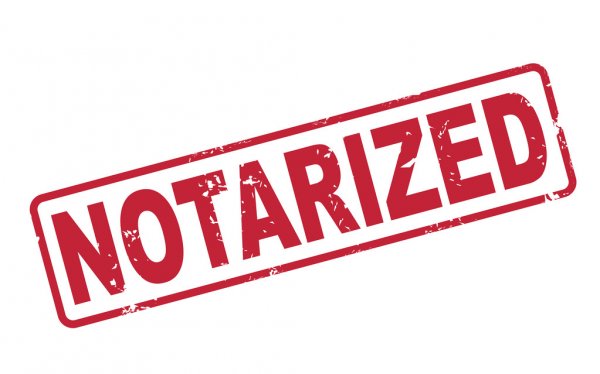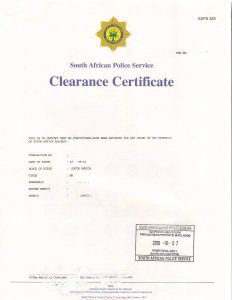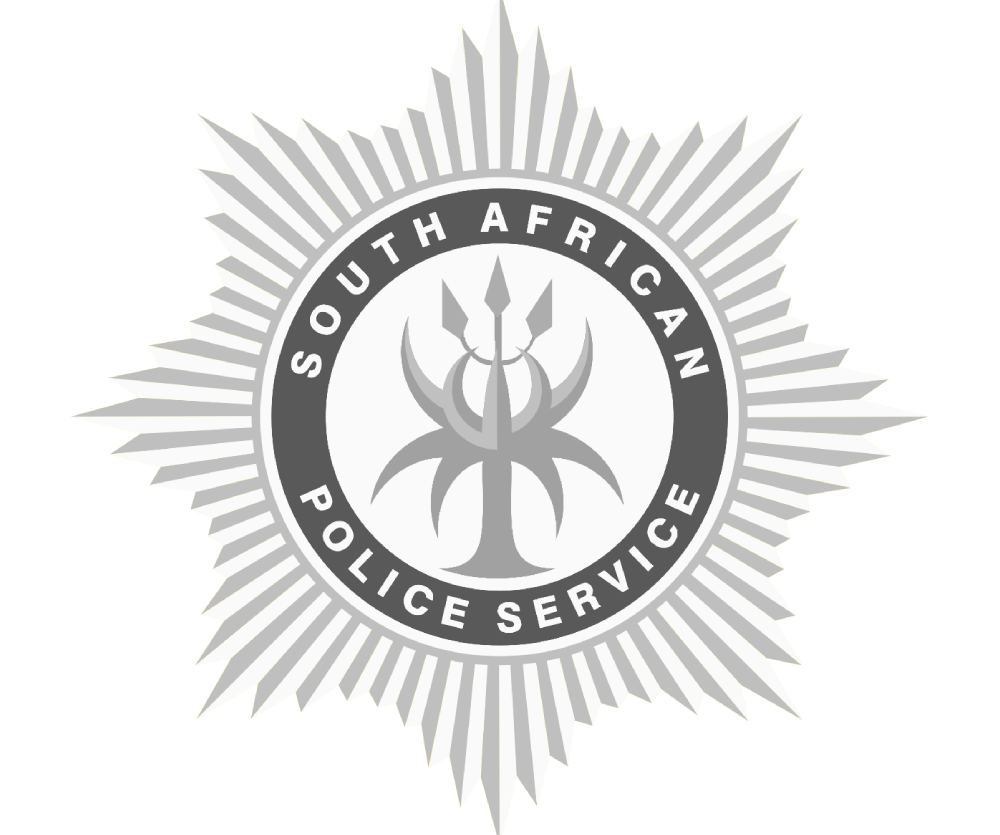When completing forms and documents for visiting another country, many South African travellers are often required to submit certified passport copies for visa applications. A certified passport copy is a photocopy of one or more pages of your passport, signed and certified by a notary public as an accurate and complete reproduction of the original document, and then apostilled by a competent court in South Africa.
Passport copy certification is primarily required by embassies and immigration officials to ensure that the passport in question is legitimate and truthfully reflects all information relevant to the holder. In many cases, fraud, forgery and altered documents make their way to other countries, causing serious problems and putting people at risk.
In today’s globalized world, the need for certified true copies of essential documents like passports has never been more pronounced. Whether for visa applications, international studies, or legal identification purposes, a certified true copy of a passport serves as a vital tool in verifying one’s identity across borders.

Let’s take a look at what certified passport copies are in South Africa and how you can obtain them as part of your visa application.
Why are certified passport copies essential for your visa application in South Africa?
Well, it’s usually a requirement. In fact, many embassies list certified passport copies as a supporting document for visa applications. Certified passport copies serve as proof that the document is a true copy of the original. It adds credibility and authenticity to the passport copy, making it acceptable for legal and official purposes.
In a world driven by authentication and verification, the importance of a certified passport copy for visa application cannot be overstated. Whether you’re travelling internationally, seeking employment abroad or navigating bureaucratic procedures when opening or maintaining a bank account abroad, having a certified copy of your passport can make a significant difference to the speed with which you can complete the task.
Certification process for passport copies
At its core, a certified copy of a passport replicates the original document with an endorsement from a competent authority attesting to its accuracy and authenticity. This endorsement acts as a validation, confirming that the copy is equivalent to the original passport. In South Africa, this means that a legal practitioner or notary public examines the original document and stamps the photocopy with a notarial certificate stating that it is a true copy. Depending on the embassy, you may be asked to notarise only the passport photo page or to submit several pages of your passport, stamped and embossed with the notary’s seal and signature. The entire process involves the following steps:
- Notarisation: You must take the original document and the copy you wish to have certified to the notary. The original document must be complete, legible and in good condition, as the notary will need to check that it is a legitimate document before certifying the copy. Every detail must match exactly, including text, signatures, seals, stamps, watermarks and any other features. The Notary ensures that the copy has no changes or missing information compared to the original. Once the notary confirms that the copy is identical to the original, he or she will place his or her official seal or stamp on each copy and attach a notarial certificate containing a statement certifying that the document is a true copy. The certificate usually includes the date, the notary’s name, signature.
- Legalisation: Once the passport copy has been notarised, it must be apostilled. An apostille is a certificate issued by the Courts to confirm that a notary public has verified the authenticity of a related document or set of documents. An apostille may be affixed to a document if the country in which the document is to be used is a signatory to the Hague Convention of 5 October 1961 (Abolishing the Requirement of Legalisation for Foreign Public Documents). However, not all countries are signatories to this treaty, but for countries that are signatories to the Apostille Convention, the result is a quicker and more efficient process for individuals who need to have documents apostilled for use in that country.
- Submission: After notarisation and legalisation, the certified passport copy can be submitted to the relevant authorities or embassies as required.
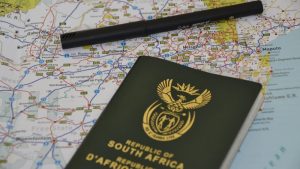
The Notary’s Role in Certifying Passport Copies
The role is critical because they serve as impartial and trusted officials who verify the accuracy and legitimacy of the copy. The certification of copies by notaries is recognized by law in many jurisdictions, and in international travel, only notaries are statutorily authorized to perform this function. This means that other professionals, such as police officers or commissioners of oaths, may not have the legal authority to certify copies, which makes the role of a notary public essential in this process.
Notaries verify all the information presented to them and affix their signature and seal to the document. In this way, they ensure not only that the document is verifiable and legitimate, but also that the identity of the person holding the document is positively established.
Global Apostille, Passport attestation services
Obtaining a certified passport copy for a visa application is usually a quick and straightforward process that does not require much time or effort on your part. But to make it easy it is also necessary to get the assistance of experienced individuals. Global Apostille’s services include certified passport copies for visa applications, as well as providing Apostille legalisation, sworn translations for French, Spanish, German and Portuguese. The experienced staff at our Pretoria office can provide you with a comprehensive guide if you require a certified copy of passports and other documents. Our aim is to provide you with the most efficient, professional and convenient service and we look forward to helping you.
For more information on our services please contact us. Tel: 012 348 3134| Mobile: 081 347 6060 | Email: info@apostillelegalisation.co.za
